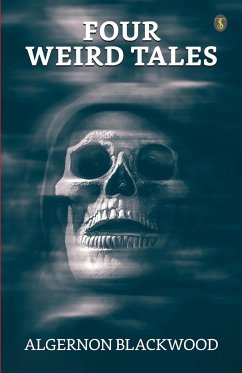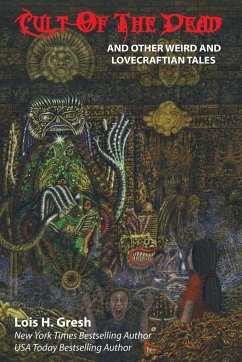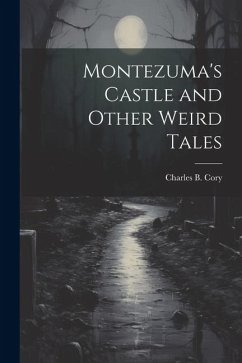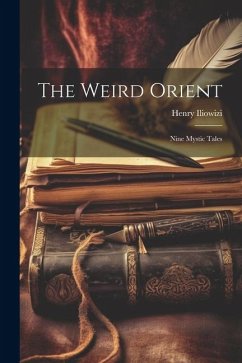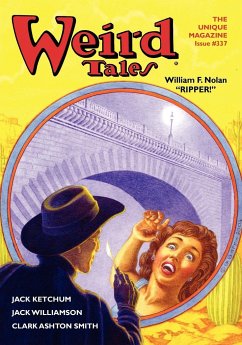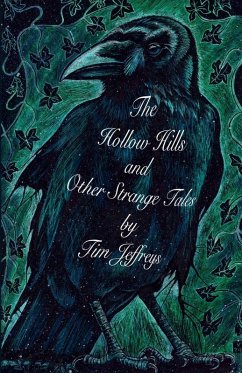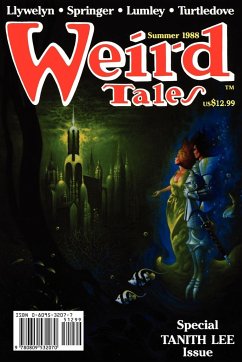Nicht lieferbar

Four Weird Tales (Esprios Classics)
Versandkostenfrei!
Nicht lieferbar
Algernon Henry Blackwood (1869-1951) was an English writer of tales of the supernatural. In his late thirties, Blackwood started to write horror stories. He was very successful, writing ten books of short stories and appearing on both radio and television to tell them. He also wrote fourteen novels and a number of plays, most of which were produced but not published. He was an avid lover of nature, and many of his stories reflect this. Although Blackwood wrote a number of horror stories, his most typical work seeks less to frighten than to induce a sense of awe. Good examples are the novels Th...
Algernon Henry Blackwood (1869-1951) was an English writer of tales of the supernatural. In his late thirties, Blackwood started to write horror stories. He was very successful, writing ten books of short stories and appearing on both radio and television to tell them. He also wrote fourteen novels and a number of plays, most of which were produced but not published. He was an avid lover of nature, and many of his stories reflect this. Although Blackwood wrote a number of horror stories, his most typical work seeks less to frighten than to induce a sense of awe. Good examples are the novels The Centaur (1911) and Julius LeVallon (1916) and its sequel The Bright Messenger (1921).




